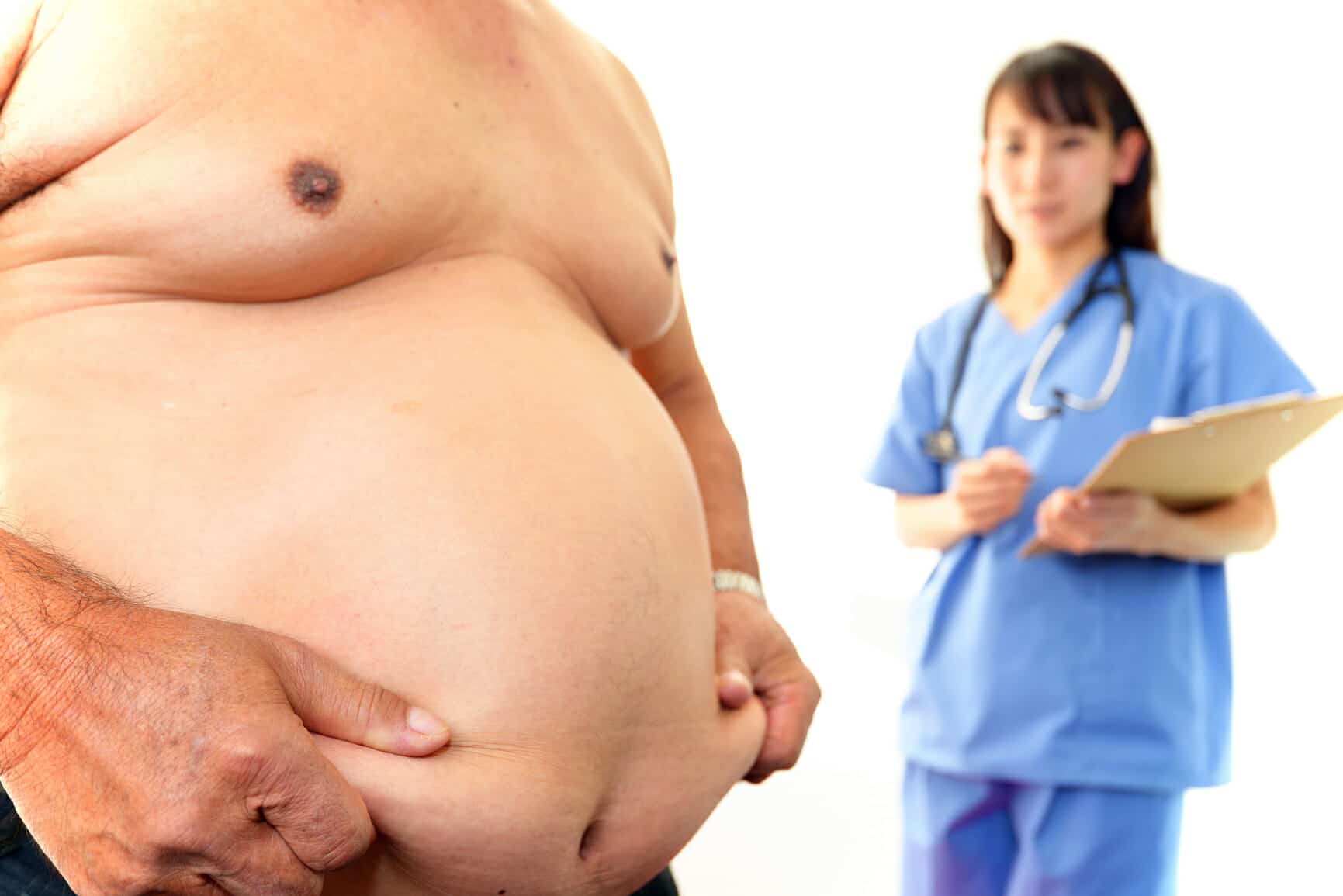You likely know your metabolism is linked to your weight. But do you know how?
Common belief holds that a slim person’s metabolism is high and an overweight person’s metabolism is low. But this isn’t usually the case. Metabolism alone doesn’t determine your weight.
Rather, weight is dependent on the balance of calories consumed versus calories burned. Take in more calories than your body needs, and you gain weight. Take in less and you lose weight. Metabolism, then, is the engine that burns these calories and is the scale that regulates your energy needs.
Stated simply, metabolism is the process by which your body converts food into energy. During this biochemical process, calories – from carbohydrates, fats and proteins – are combined with oxygen to release the energy your body needs to function.
The number of calories your body burns each day is called your total energy expenditure. The following three factors make up your total energy expenditure:
- Basic needs. Even when your body is at rest, it requires energy for the basics, such as fuel for organs, breathing, circulating blood, adjusting hormone levels, plus growing and repairing cells. Calories expended to cover these basic functions are your basal metabolic rate. Typically, a person’s basal metabolic rate is the largest portion of energy use, representing two-thirds to three-quarters of the calories used each day. Energy needs for these basic functions stay fairly consistent and aren’t easily changed.
- Food processing. Digesting, absorbing, transporting and storing the food you consume also takes calories. This accounts for about 10 percent of the calories used each day. For the most part, your body’s energy requirement to process food stays relatively steady and isn’t easily changed.
- Physical activity. Physical activity – such as playing tennis, walking to the store, chasing after the dog and any other movement – accounts for the remainder of calories used. You control the number of calories burned depending on the frequency, duration and intensity of your activities.
It may seem logical to think that significant weight gain or being overweight is related to a low metabolism or possibly even a condition such as under-active thyroid gland (hypothyroidism). In reality, it’s very uncommon for excess weight to be related to a low metabolism. And most people who are overweight don’t have an underlying condition, such as hypothyroidism. However, a medical evaluation can determine whether a medical condition could be influencing your weight.
Weight gain is more likely due to an energy imbalance – consuming more calories than your body burns. To lose weight, then, you need to create an energy deficit by eating fewer calories, increasing the number of calories you burn through physical activity, or preferably both.
If you and everyone else were physically and functionally identical, it would be easy to determine the standard energy needs. But many factors influence calorie requirements, including body size and composition, age, and sex.
To function properly, a bigger body mass requires more energy (more calories) than does a smaller body mass. Also, muscle burns more calories than fat does. So the more muscle you have in relation to fat, the higher your basal metabolic rate.
As you get older, the amount of muscle tends to decrease and fat accounts for more of your weight. Metabolism also slows naturally with age. Together these changes reduce your calorie needs.
Men usually have less body fat and more muscle than do women of the same age and weight. This is why men generally have a higher basal metabolic rate and burn more calories than women do.
Your ability to change your basal metabolism is limited. However, you can increase daily exercise and activity to build muscle tissue and burn more calories.
Your metabolism influences your energy needs, but it’s your food intake and physical activity that ultimately determine your weight.






Reply